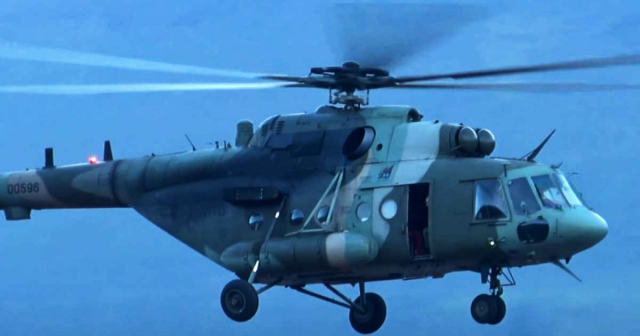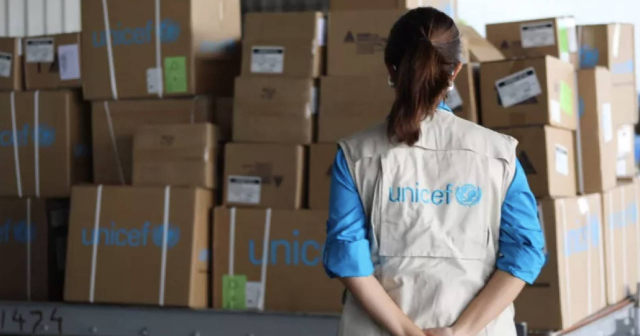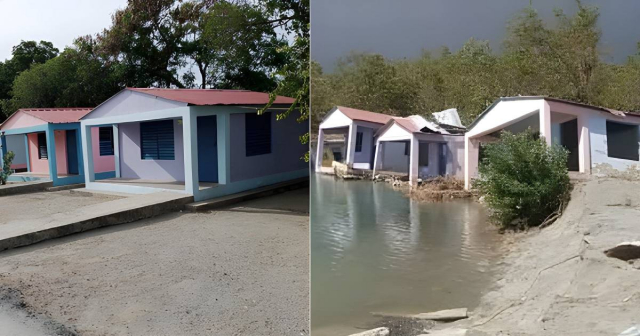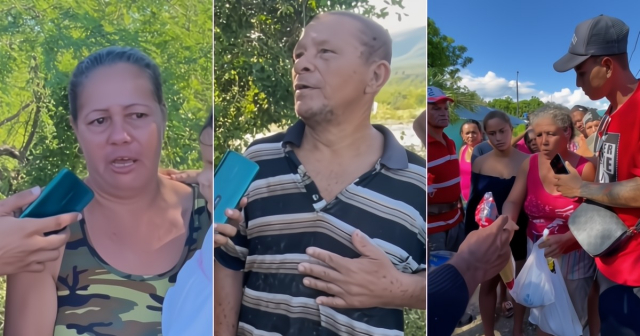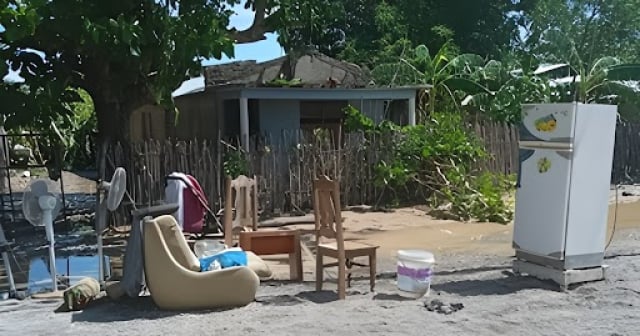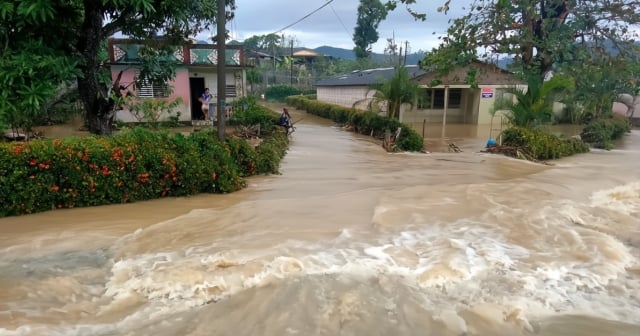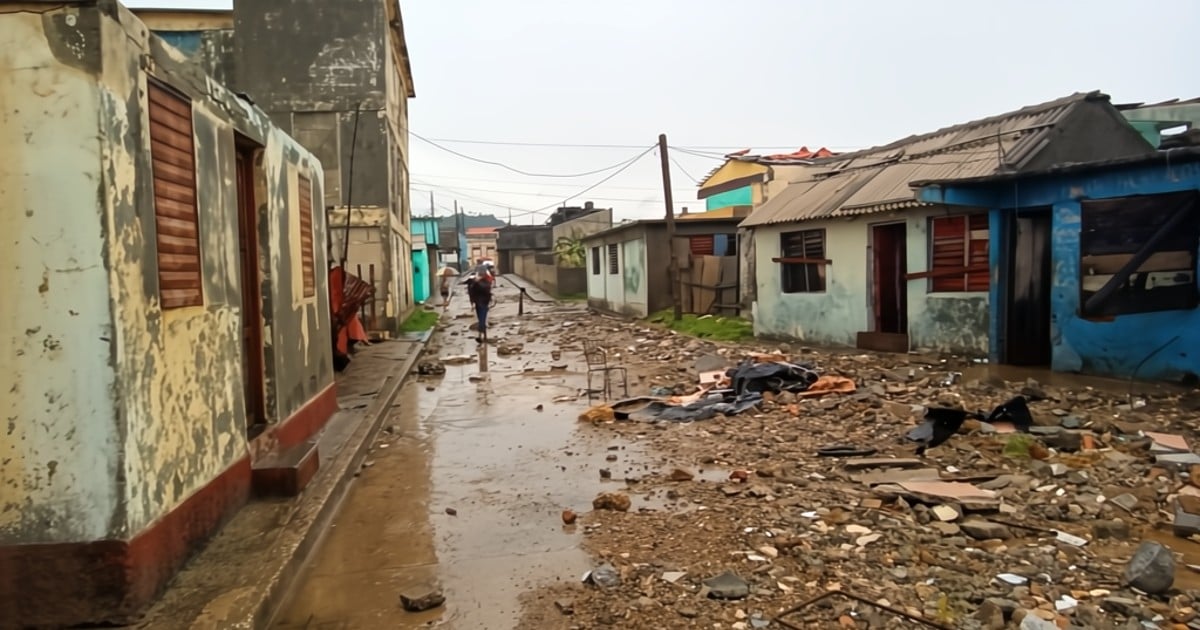
Following the devastating passage of Hurricane Oscar through eastern Cuba, solidarity among Cubans has been crucial in facing the aftermath of the floods and destruction it left behind. In communities such as San Antonio del Sur and Imías, neighbors have come together to rescue those who were trapped, provide shelter for the affected, and coordinate aid shipments from abroad.
The Cuban government's response to the flooding caused by Hurricane Oscar has been criticized for its slowness and lack of resources. In several areas, such as San Antonio del Sur and Guantánamo, residents reported feeling abandoned by the authorities, who took too long to send rescue teams and emergency supplies. “They left us all alone there with 29 children,” expressed a local resident, highlighting the lack of government support during the first days of the emergency. Furthermore, the distribution of aid has been hampered by a lack of resources and the difficulty of reaching isolated communities, which has exacerbated the situation for those affected who are waiting for basic assistance.
In the absence of a quick and effective response from the Cuban government during the floods caused by Hurricane Oscar, solidarity among Cubans has largely replaced the lack of state support in critical moments. The community itself has organized rescue and assistance efforts. While many neighbors helped each other evacuate the most vulnerable, churches and local activists became the main refuge for those affected, providing food and shelter to those who had lost everything. This network of community support has been essential in addressing the shortage of resources and attention from the authorities.
Here we bring you just a few examples:
Rescue Among Neighbors in San Antonio del Sur: In San Antonio del Sur, residents organized impromptu rescues when the river overflowed, affecting several communities. Without immediate support from the authorities, they took it upon themselves to help evacuate children and elderly individuals to safer areas. In some cases, they faced the water's current to rescue people trapped in flooded homes, particularly in rural areas where rescue brigades had not yet arrived.
Initiative by Andy Vázquez from the United States: Andy Vázquez, a Cuban comedian based in the United States, launched a fundraising campaign for the victims. Through social media, he urged the Cuban community and his followers to donate clothing, toys, non-perishable food, and medicines. He showcased the donations he received in videos, which included clothing and food, and organized the shipment of these supplies to the most affected areas of Guantánamo. Vázquez emphasized that all assistance should be in the form of material goods rather than money.
Accommodation for Flood Victims at the Methodist Church in Guantánamo: The Methodist Church in Guantánamo provided shelter to over 60 individuals, including numerous children, who were left homeless after the floods in San Antonio del Sur. In addition to housing, the church offered medication and medical care to those affected. This initiative was quickly organized after entire communities were submerged, leaving many without a safe place to seek refuge.
Help campaigns from the Cuban diaspora: Cubans living abroad, primarily in Miami, joined forces through social networks and organizations to send aid to those affected by Hurricane Oscar. These campaigns for collecting food, clothing, and medicine were directed toward activists and organizations that distributed donations among the hardest-hit communities, such as Imías and San Antonio del Sur. The emotional connection with their fellow countrymen motivated many to contribute by sending what they could.
Volunteers in cleanup and recovery efforts: Residents of San Antonio del Sur and other affected areas worked together to clean homes and streets covered in mud following the hurricane's passage. The locals organized to remove debris, mud, and damaged furniture, collaborating to assist those who were unable to carry out these tasks on their own. On several occasions, young people from the community helped elderly individuals who had been left alone, providing both physical and emotional support.
Rescue operation of a 12-year-old boy: In San Antonio del Sur, a 12-year-old boy named Daniel González Hernández was rescued by neighbors and members of the Municipal Defense Council. The boy, who suffered a severe injury to his leg during the floods, was taken to the Provincial Pediatric Hospital of Guantánamo. The local community highlighted the role of the neighbors, who found him and helped keep him safe until he could receive medical attention.
Food Distribution in Isolated Communities: In Imías and San Antonio del Sur, which were cut off due to flooding and the collapse of bridges, the Cuban army and local activists organized the distribution of food and medicines. Alternative routes and aerial operations were used to deliver supplies to residents, especially in areas where water continued to pose an obstacle to land access. The aid included packages with rice, beans, and drinking water.
Families helping each other during evacuations: In Guantánamo, several families supported one another during the evacuations, offering shelter to neighbors who had lost their homes. In many cases, individuals moved to the houses of friends or relatives living in higher areas. On social media, stories emerged of people who opened their doors to take in neighbors who became homeless due to the rapid rise of the waters.
Solidarity through social media: The Cuban diaspora and the residents of Guantánamo used Facebook and other social media platforms to coordinate aid and search for missing persons. This enabled many families to stay informed and receive news about their loved ones. Messages shared in groups and personal profiles sought collaboration to send donations and locate individuals who had not been seen since the hurricane passed.
Donation Collection by Local Activists: Activists from Guantánamo and Havana led the collection of food, clothing, and medicine for those affected, utilizing their own resources and contacts to organize the delivery. In Havana, collection points were set up to receive donations and subsequently send them to Eastern Cuba, where the devastation was more severe. These private solidarity initiatives were an important supplement to official assistance, which, in some cases, was insufficient.
The solidarity response of Cubans in the wake of the emergency caused by Hurricane Oscar demonstrates the strength and sense of community of a people accustomed to facing adversity. Support networks and local initiatives, along with efforts from the diaspora, have been crucial in providing relief to families who have lost everything. However, the extent of the damage presents immense challenges for the recovery of these communities, highlighting the need for ongoing efforts to rebuild what has been lost and to support the most vulnerable in the process of returning to normalcy.
What do you think?
COMMENTFiled under:

